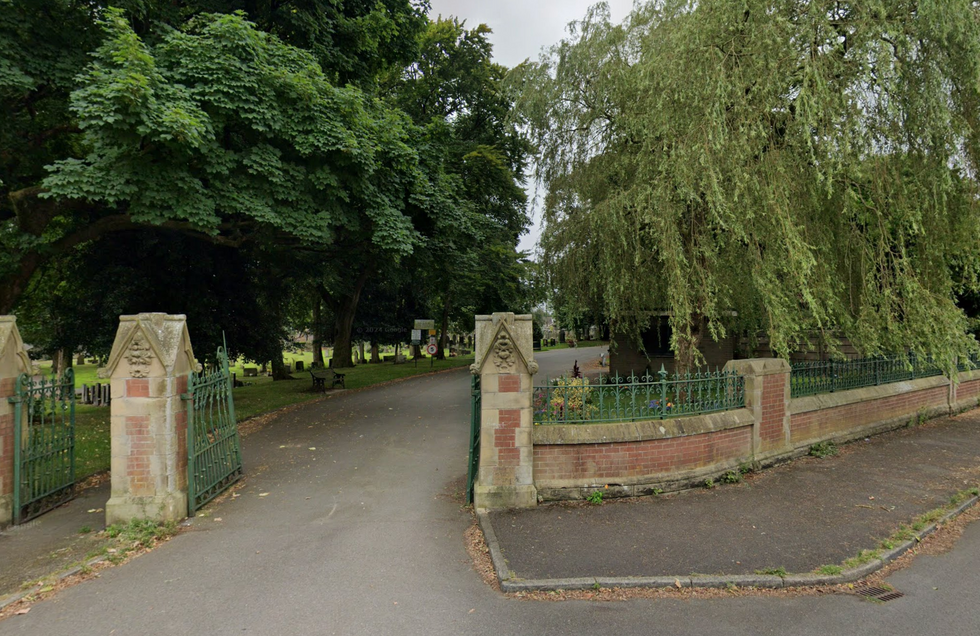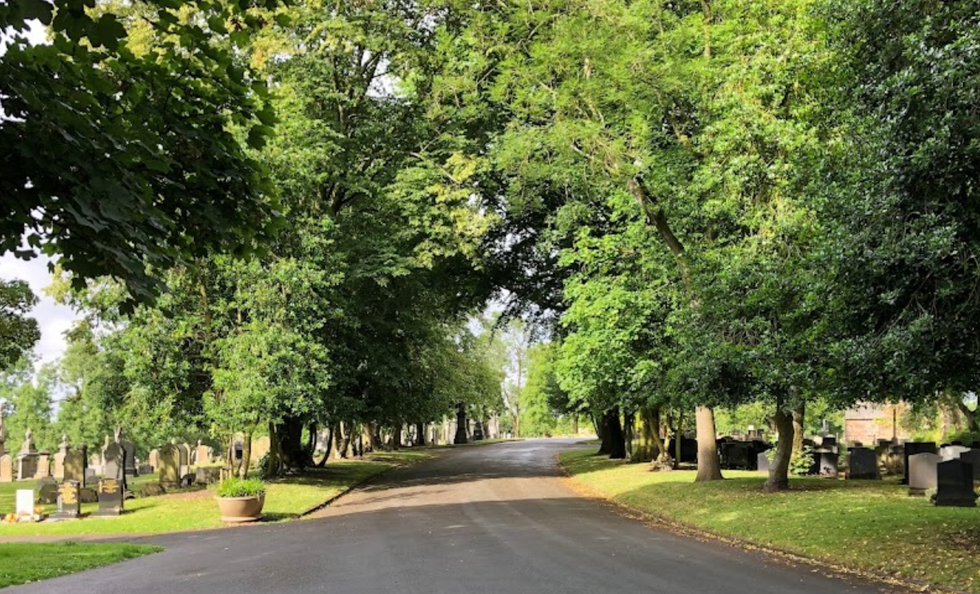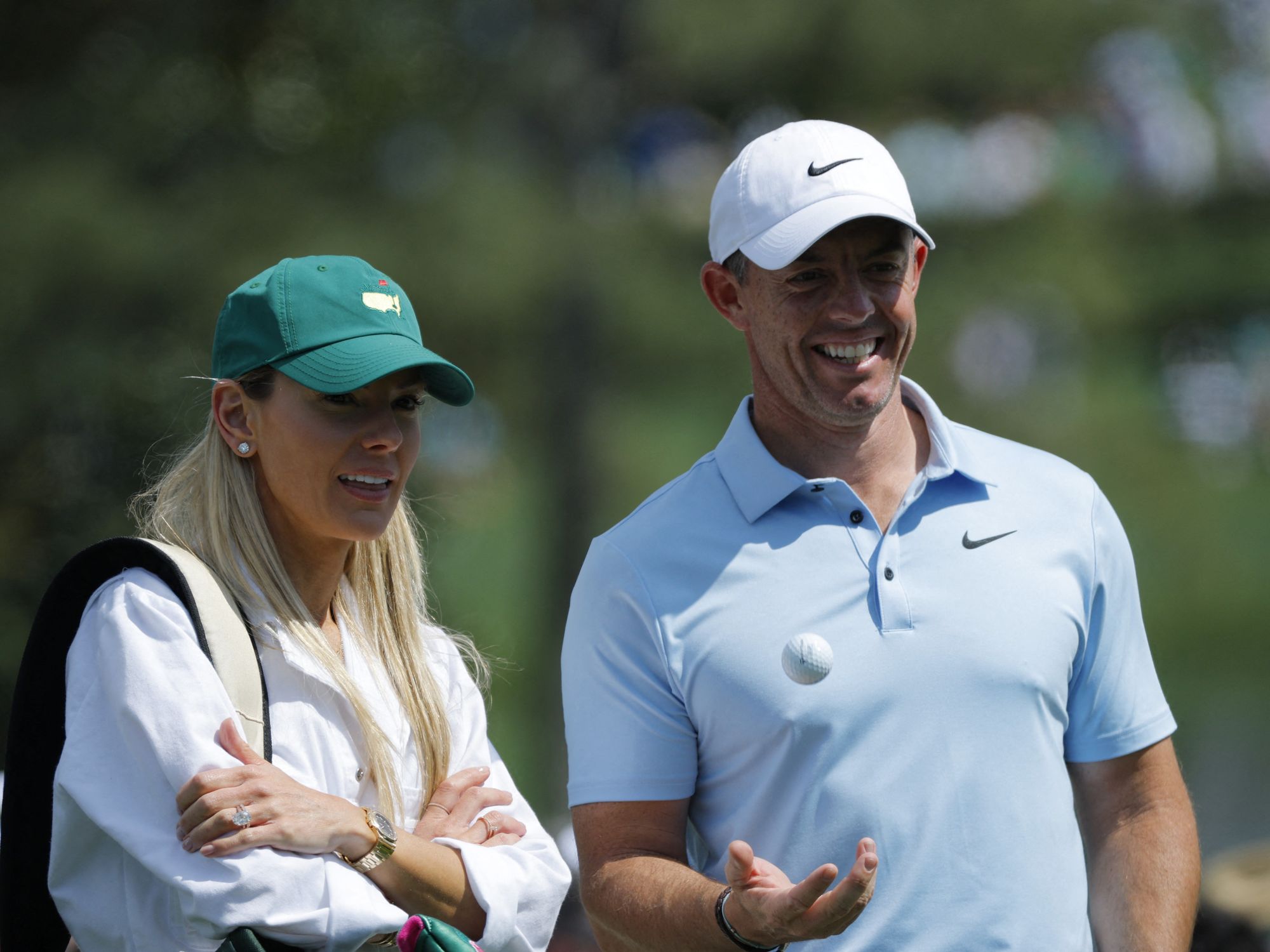WATCH: Lib Dems MP Will Forster calls for a 'full inquiry' into death of Sara Sharif
GB News
The first mass grave found at the site contained the remains of 145 babies, 128 children and 29 adults
Don't Miss
Most Read
Trending on GB News
A mass grave containing babies has been discovered at Royton cemetery in Greater Manchester, just yards away from where 300 bodies were uncovered earlier this year.
The unmarked grave was found next to the cemetery's chapel, according to Oldham Council.
However, the exact number of bodies it contains remains unclear.
The huge grave was found during a vigil which had been organised to commemorate the children discovered in the first grave in September.

A mass grave containing babies has been discovered at Royton cemetery in Greater Manchester, just yards away from where 300 bodies were uncovered earlier this year
Google Maps
The first mass grave discovered at the site contained the remains of 145 babies, 128 children and 29 adults.
The initial mass grave, measuring just 12ft by 12ft, prompted local councillors to suggest there might be more unmarked burial sites within Royton Cemetery.
Speaking to LDRS, Councillor Hurley said: "We've just found another one. This is a social injustice on a scale I never could have imagined."
An Oldham Council spokesperson confirmed the site was historically known as the "pauper's graves", and more recently as the "local authority burials".
Both mass graves will be commemorated with memorial benches and plaques, according to Royton Council.
The records of the graves are publicly available and those wishing to search for a burial record can do so on the council website

The first mass grave discovered at the site contained the remains of 145 babies, 128 children and 29 adult
Google Maps
Before the 1980s, it was common practice for stillborn babies to be taken from parents without providing details of their burial location.
Parents were told by medical staff that their child had been buried alongside a 'nice person' on the same day.
However, these babies were often placed in mass graves instead.








